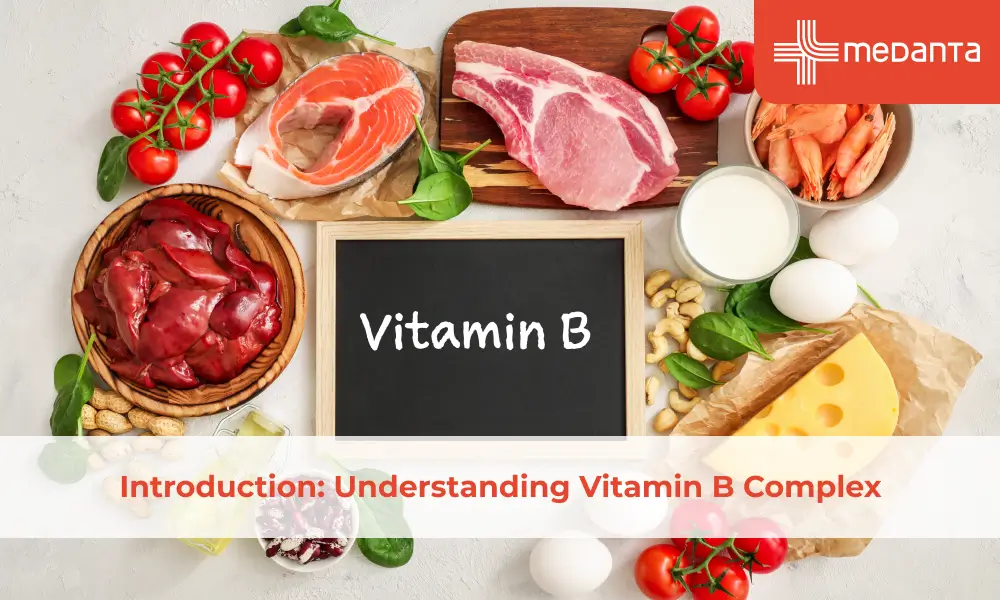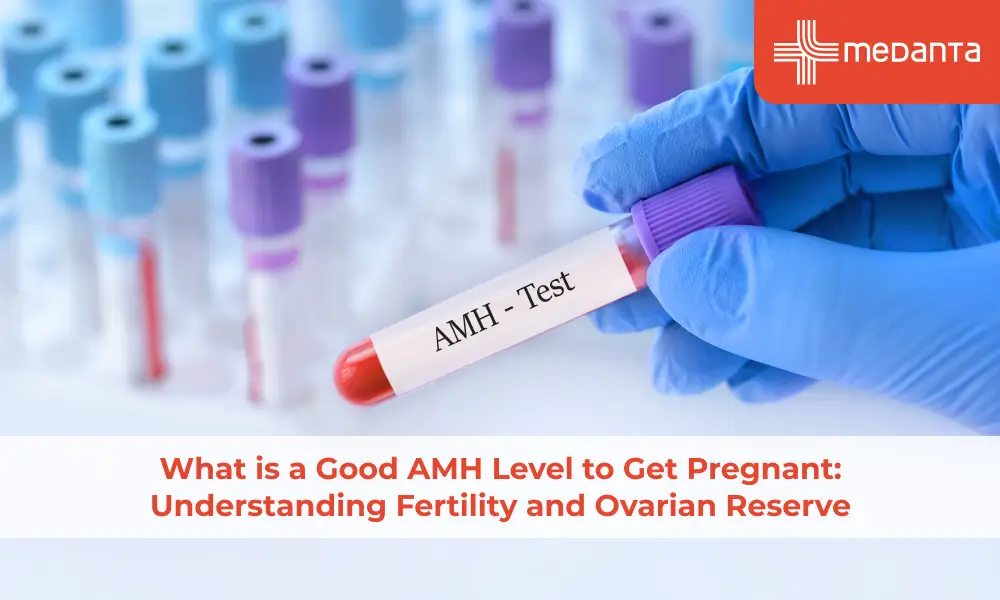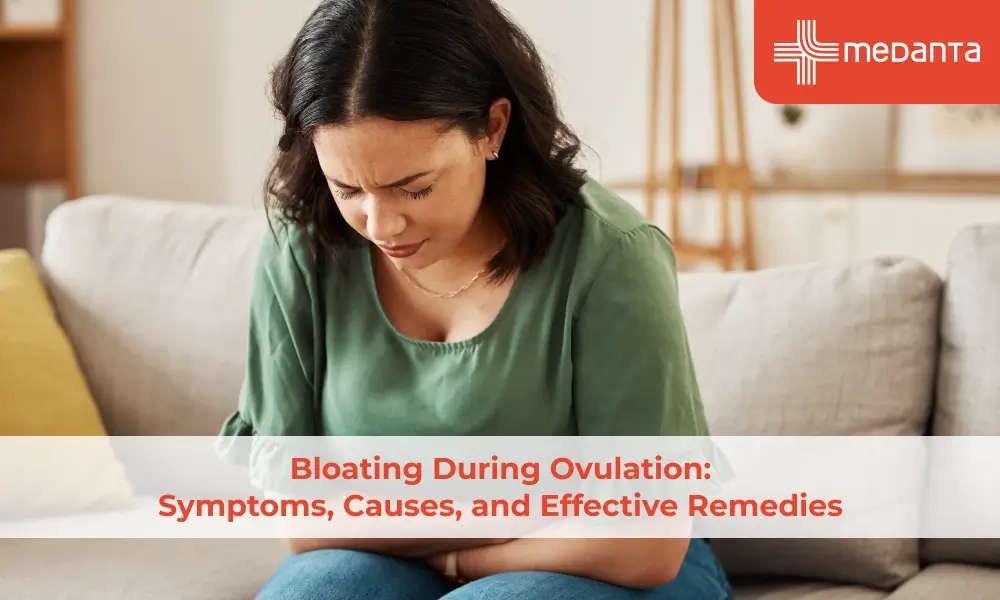Empower Your Health with these Proven Breast Cancer Prevention Strategies

Breast cancer is the second most prevalent cancer type across the world, with about 2,296,840 new cases accounted for in 2022. Although breast cancer is a formidable ailment, with the right information and breast cancer prevention strategies, you can fight against it, allowing you to take control of your health and life.
In this article, you can explore some proven strategies to reduce the risk of breast cancer along with early detection helping with this dreadful disease.
Understanding Breast Cancer: Symptoms and Causes
Let’s first briefly go through breast cancer, its symptoms and causes.
Breast cancer is a medical disease which develops when cells in your breast begin to grow uncontrollably, causing tumours to form. Talking about the reasons for breast cancer, the exact cause is still unknown, but several risk factors can contribute to its development, such as genetic mutations (BRCA1 and BRCA2), family history of breast cancer, age, exposure to estrogen, and certain lifestyle choices.
So, how can you know whether you are suffering from breast cancer? The easiest way is to recognise the following breast cancer symptoms:
- A lump in your breast or underarm
- Change in the size, shape, or look of your breast
- Nipple discharge (other than breast milk), particularly if it’s bloody
- Pain in your breast
- Skin changes on your breast, such as redness, dimpling, or thickening
Key Strategies to Prevent Breast Cancer
While you can’t control most reasons for breast cancer, making healthy lifestyle choices can still help reduce your risk of developing breast cancer. Wondering what are those healthy lifestyle choices? This section can guide you on how to prevent breast cancer by following key healthy lifestyle changes along with other effective strategies:
Keep Your Weight in Check
Understandably, maintaining a healthy weight is easier than done, but it should be a vital goal for everyone, especially the ones wanting to prevent breast cancer. Being overweight or obese can increase the risk of breast cancer, particularly for women hitting menopause. Due to excess fat tissue, your body might produce too much estrogen, stimulating the growth of hormone-receptor-positive breast cancer.
To keep your weight in check and lower your risk of breast cancer, always consume a balanced diet rich in fruits, vegetables, lean proteins, and whole grains. In addition, don’t miss out on your workout.
Be Physically Active
Engaging in regular physical activity is one of the best things you can do to preserve your health. It can help you maintain a healthy weight and lower breast cancer risk by balancing your hormone levels and boosting your immune system.
When it comes to exercise to prevent breast cancer, you should give at least 150 minutes for moderate-intensity exercise or 75 minutes for vigorous activity each week. Indulging in activities like brisk walking, swimming, or cycling can significantly help maintain optimal health.
Eat Fruits and Vegetables
A healthy diet comprising a lot of fruits and vegetables can reduce your odds of developing breast cancer. You should try including dark leafy greens, fermented foods, citrus fruits, berries, spices and herbs, fatty fish, beans, and allium veggies in your diet.
Limit Alcohol (If Possible, Don’t Drink)
There is a clear link between alcohol consumption and an increased risk of any type of cancer, including breast cancer. The more alcohol you consume, the higher you are at risk of developing a cancerous tumour in your breast.
So, you should limit your intake to one drink a day or less, and if possible, avoid having alcohol.
Don’t Take Birth Control Pills
While birth control pills offer several benefits, such as preventing unwanted pregnancy, ovarian cancer, and uterine or colon cancer, they also come with risks. The younger you are, and the more you stay away from smoking or drinking, the lesser will be your risk of developing breast cancer.
However, the hormones in birth control pills can sometimes increase the risk of breast cancer, especially for women over 35 or those who smoke. However, your risk can be reduced or go away quickly after stopping taking the pills.
If you are concerned about breast cancer, consider speaking to your doctor about alternative contraception methods.
Breastfeed, If Possible
Breastfeeding for one year or more has been shown to reduce the risk of breast cancer. By breastfeeding your child, the levels of some cancer-related hormones in the body will be reduced, and it might also lead to a more favourable post-pregnancy environment in your breasts. It benefits not only you but also your child.
Avoid Hormone Therapy for Menopause
You shouldn’t take menopausal hormone therapy for the long term for breast cancer prevention. Studies show that these therapies can increase the risk of some medical ailments and lower the risk of others.
But both estrogen-plus-progestin hormones and estrogen-only hormones can raise the risk of breast cancer. If you need to take hormones to manage your menopause symptoms, consider taking them for the shortest time possible. Alternatively, you can talk to your doctor about the non-hormonal options to manage your menopausal symptoms.
Quit Smoking
In addition to many other health risks, smoking can contribute to the development of 15 different cancers, including breast cancer. The carcinogens in tobacco can damage DNA in breast cells, leading to cancer. If you smoke, try to quit it to reduce your risk of breast cancer and protect your health overall.
How Early Detection Can Help?
Early detection of breast cancer is paramount to improve your treatment outcome and the chances of survival and full recovery. Clinical breast examination along with mammograms, can help detect cancer early, even before any symptoms appear.
By performing self-examinations regularly each month, you can be familiar with your breast tissue, enabling you to easily recognise any unusual changes, like lumps, skin dimpling, or texture differences. Besides this, it’s advisable for women to start getting mammograms at age 40, or earlier if they have a higher risk, for breast cancer prevention.
Concluding Words
You can empower your health by following the above-discussed strategies to prevent breast cancer. Other than that, you should be familiar with your breast, and if you notice any breast cancer-associated symptoms or changes in your breast, reach out to breast cancer specialists at Medanta. They can guide you through breast cancer causes and prevention, helping preserve your overall health.






